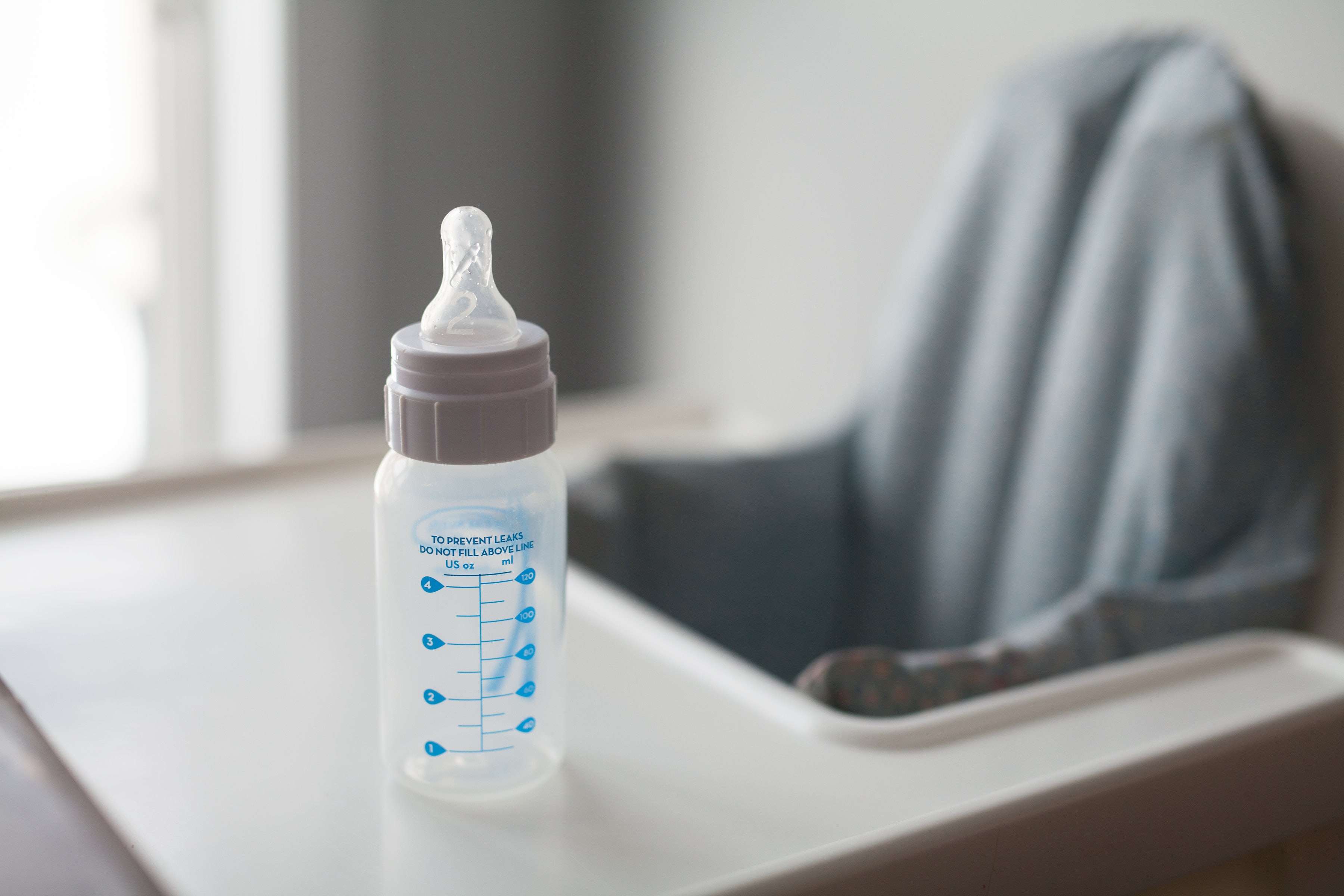By Kate Ranta on Feb 11, 2020 @ 11:00 AM
Baby bottle tooth decay, also known as bottle rot, is a condition that affects your child's baby teeth. It's tooth decay that occurs when your child's teeth have prolonged exposure to certain drinks, such as juice and milk. Bottle rot is a significant problem because it impacts more than just your child's baby teeth. It can continue to impact the composition and strength of their adult teeth for years to come. Healthy, strong baby teeth are what allow for healthy, strong adult teeth!
Signs of bottle rot include slight stains or spots on the teeth (an early sign) to blackened roots at the base of the teeth (an advanced sign). Since the slow process of enamel erosion can’t visibly be seen, it's important to be safe rather than sorry and avoid even the potential for bottle rot.
If your child is at risk, or has been diagnosed by a pediatrician, here are a few tips to help limit its effects:
1) Limit sugary drinks: One of the best ways to protect your child's teeth is to limit sugar in their diets. Lessening the amount of juice and other sugary drinks and foods they're allowed to have, especially close to bedtime or nap time, will go a long way towards protecting their teeth and gums.
2) Avoid bedtime bottles: The number one offender that causes bottle rot (and where the condition gets its name) is when children are put to bed with a bottle of milk or juice. The sugars coat their teeth and gums and remain there all night causing significant decay and enamel erosion. Stopping bedtime bottles goes a long way to preventing bottle rot, as you are removing the prolonged sugar exposure at night!
3) Wipe gums/brush teeth: If your child hasn't cut any teeth you can still help protect his or her future baby teeth by wiping the gums with a clean damp cloth after eating solids and before bed. Once your child has begun cutting teeth, gently brushing them and wiping their gums will significantly lessen the amount of sugar that can cause damage.
4) Don't dip pacifiers: If your child sleeps with a pacifier, don’t dip it in sugar, juice or honey. Doing so puts the harmful sugars directly on their front teeth/gums, which are the spots most susceptible to bottle rot.
5) Use a cup: As soon as your child is old enough, usually around age one, transition him or her from a bottle to a cup. The change in sucking from a bottle to swallowing from a cup helps protect their teeth as it directs liquids behind the teeth instead of across them.
Starting good oral health habits even from infancy can go a long way in establishing routines. And, it may help you down the road during the toddler years when children can be especially fussy. If you have any questions about your baby’s teeth, talk with your dentist. He or she can help determine if there are any concerns.And if you are dealing with fussy brushers, check out our guide to making your toddler's dental care a breeze below!





comments